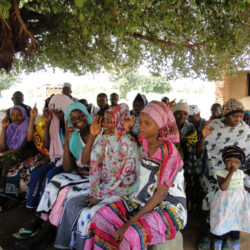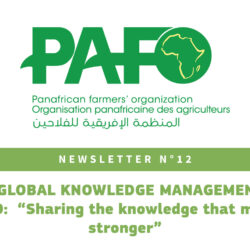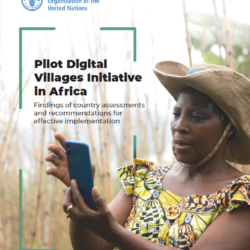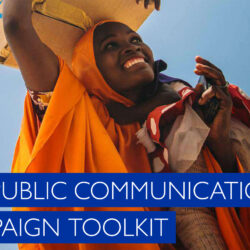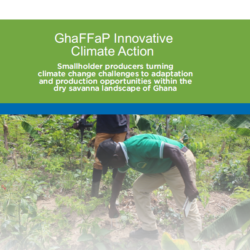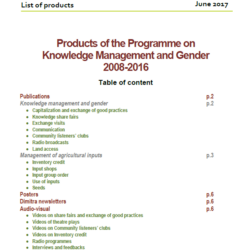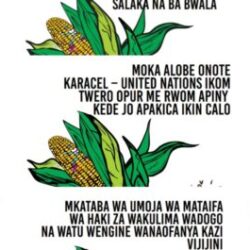Youth radio programming: A broadcaster how-to guide
Based on recent research from many parts of the world, the content of more than 70% of radio broadcasting caters to adults. In Africa, the percentage is higher. In a recent study in Nigeria, for example, researchers found that content for youth (defined by the United Nations as 15-24 years old) accounted for a mere 1.4% of airtime. As the United Nations Educational, Scientific and Cultural Organization encourages, radio stations


